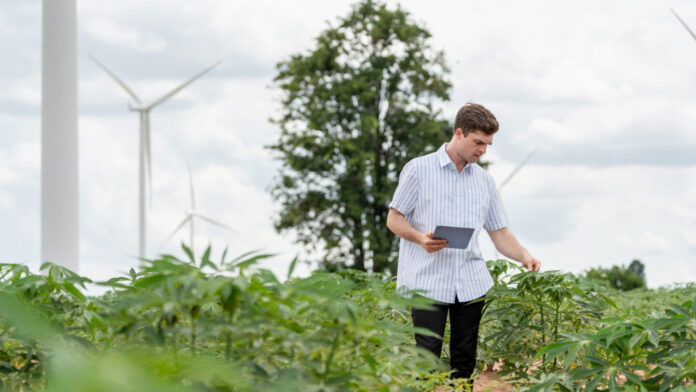Agriculture remains a cornerstone of Sri Lanka’s economy, with a significant portion of the population dependent on smallholder farming. Despite its importance, many small-scale farmers face challenges including low productivity, climate vulnerabilities, and limited access to technology. However, the rise of agri-tech innovations presents a promising avenue to transform traditional farming practices and significantly boost yields, incomes, and sustainability.
Smart farming leverages digital technologies such as sensors, drones, data analytics, and mobile applications to optimize crop production and resource management. For smallholders, these tools can mean more precise irrigation, timely pest control, and improved soil health monitoring—benefits that translate into higher productivity with reduced input costs. For example, soil sensors help farmers understand moisture levels, enabling water to be used more efficiently in a country where water scarcity is an increasing concern.
Mobile apps designed specifically for farmers are empowering smallholders with real-time weather forecasts, market prices, and expert advice. This access to timely information allows better planning and decision-making, reducing crop losses and maximizing profits. Moreover, platforms connecting farmers directly to buyers bypass intermediaries, ensuring fairer prices and stronger supply chain linkages.
Government initiatives and private sector partnerships are beginning to integrate these technologies into rural agricultural communities. Pilot projects have demonstrated that even simple tools like SMS alerts and digital record-keeping can enhance transparency and accountability in farm management. Expanding such programs will be critical to scaling impact.
Nevertheless, barriers remain. Digital literacy, initial investment costs, and limited rural internet connectivity constrain widespread adoption. To overcome these hurdles, collaborative efforts involving government, NGOs, financial institutions, and technology providers are essential. Subsidies, training programs, and infrastructure investments will help bridge the digital divide and make smart farming accessible to all.
The environmental benefits of agri-tech are equally significant. Precision farming reduces chemical usage and water waste, promoting sustainability and climate resilience. This aligns with global commitments to reduce agriculture’s carbon footprint and protect biodiversity.
In conclusion, agri-tech innovations offer a transformative opportunity for Sri Lanka’s smallholder farmers. By embracing smart farming, the sector can increase productivity, enhance livelihoods, and build a more sustainable future. The time to invest in technology-driven agriculture is now, ensuring that smallholders are not left behind in the digital revolution.




